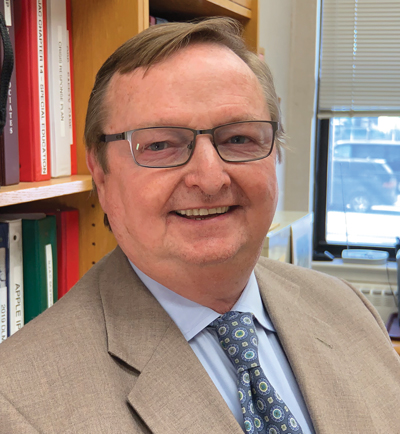What is Autism Spectrum Disorder (ASD)?

ASD occurs in all racial, ethnic, and socioeconomic groups, but is about four times more common among boys than among girls. Based on data collected in 2016, in New Jersey, 1 in 32 children has been diagnosed with ASD. There is no medical test to diagnose ASD. Signs of ASD begin during early childhood in children as young as two years old, and typically last throughout a person’s life.
Children or adults with ASD might:
- not look at objects when another person points at them
- have trouble relating to others or not have an interest in other people at all
- avoid eye contact and want to be alone
- have trouble understanding other people’s feelings or talking about their own feelings
- prefer not to be held or cuddled
- appear to be unaware when people talk to them
- be very interested in people, but not know how to talk, play, or relate to them
- repeat words said to them, or echo words or phrases in place of normal language
- have trouble expressing their needs using typical words or motions
- repeat actions over and over again
- have trouble adapting when a routine changes
- have extreme reactions to the way things smell, taste, look, feel, or sound
While scientists do not know all of the causes of ASD, several studies have shown that there is no link between receiving vaccines and developing ASD.
Most scientists agree that genes are one of the risk factors that can make a person more likely to develop ASD. Children who have a sibling with ASD are at a higher risk of also having ASD.
Individuals with certain genetic or chromosomal conditions, such as fragile X syndrome or tuberous sclerosis, can have a greater chance of having ASD. There may also be other environmental factors at play. For example, when taken during pregnancy, the prescription drugs valproic acid and thalidomide have been linked with a higher risk of ASD.
There is currently no cure for ASD. However, early intervention can improve a child’s development. If you think your child has ASD, talk to your child’s doctor as soon as possible. Early intervention services including speech, occupational, physical therapies and behavioral support will help a child on the autism spectrum learn important skills and develop to their full potential.
https://www.cdc.gov/ncbddd/autism/facts.html
https://www.cdc.gov/ncbddd/autism/addm.html
https://www.cdc.gov/vaccinesafety/concerns/autism.htmlRequest a Tour of The Gateway School

Since 1980, RKS Associates has been a leader in providing the needs of special education students and helping children grow to their fullest potential. Each of our schools seeks to empower each student with skills for life, work, and recreation; we believe that every individual possesses the dignity and potential to contribute to a better world.
As part of the RKS Associates Network of schools in New Jersey, the goal at the Gateway School is to assist all students in becoming as independent as possible and help them get ready for the future. Located in Carteret, NJ, we serve individuals throughout Central and Northern New Jersey. Contact us at our main office at 732.541.4400 with any questions or schedule a private tour of the Gateway School today.
Chris Hoye, Principal-The Gateway School of Carteret, NJ


